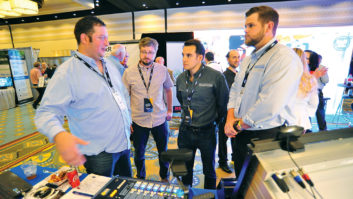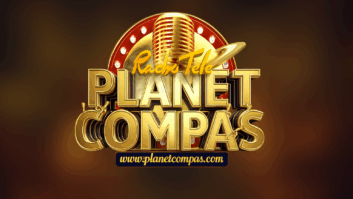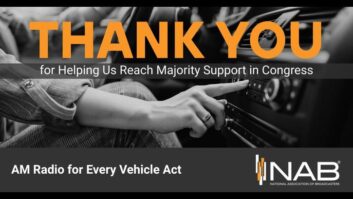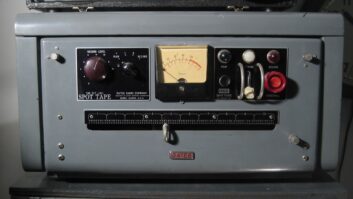Radio World’s “Guest Commentaries” section provides a platform for industry thought leaders and other readers to share their perspective on radio news, technological trends and more. If you’d like to contribute a commentary, or reply to an already published piece, send a submission to [email protected].
The author is head of the European Broadcasting Union Academy.
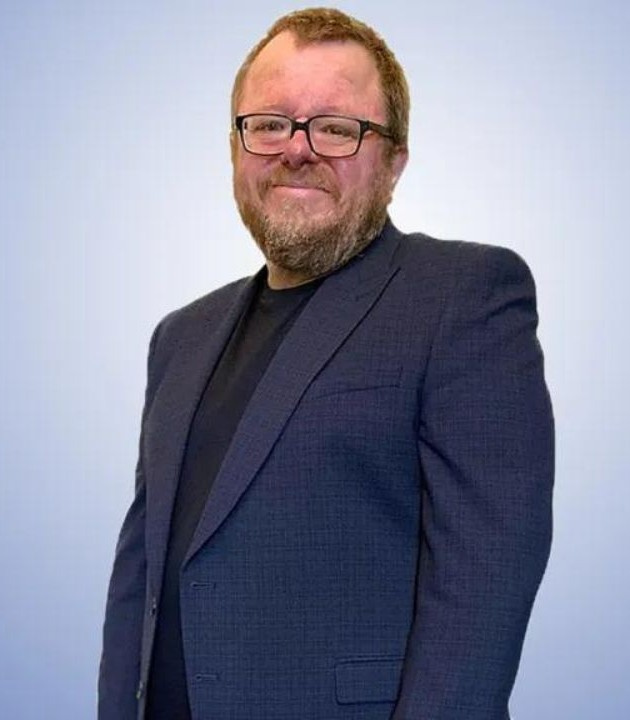
I was not a typical teenager in the 1980’s. In raiding my local library’s shelves of cassettes, I discovered the BBC’s “Hancock’s Half Hour” radio shows. I would pop on my flimsy headphones with orange sponge ear coverings and get lost in the world created by Tony Hancock; picturing, vividly, the waiting room and surgery when he became “The Blood Donor” and the horror on his face as he was told how much of it he would give up!
Reflecting now, it was a podcast-like experience in 1984. A real-life case of “Back to the Future.” Engaging audio was plugged directly into my ears. It was my choice of entertainment, on my terms. It had also been recorded originally for a linear radio audience. As we know, many radio shows now become podcasts, and vice versa.
Which leads me to the question in hand, what are the differences between podcasts and radio? The fact that listening to a pod is an individual activity, like my experience with Hancock, is crucial. Today, we access our recorded audio via sound files instead of cassette tapes. You, as a pod listener, choose what interests you, meets your needs or suits your mood at a particular time. Great podcast hosts understand this and talk directly with you.
When I was a budding radio presenter, my boss would remind me that radio is a one-to-one medium and indeed radio hosts and stations can build very strong relationships with their listeners. The challenge for a radio presenter in trying to sound authentic is how unreal the experience of broadcasting is.
You walk through two 5-inch-thick airlock doors to gain entry to a soundproof studio, packed with logos, lights and cameras. You sit behind a mic and mixing desk waiting for the red light and once it glows you know you’re talking to X number of listeners. Time to be yourself and speak to your singular listener! Trust me, it’s very hard.
Some podcasts are taped in studios but hosts also have the freedom to record outside, maybe even using their smartphone.
As a podcast presenter, you may have a large total audience, but not everyone is listening at the same time. Obviously this a critical distinction with radio. I think hosting a podcast is a bit like recording a voice note for a friend who gets to choose when they click play.
Radio, particularly news radio, has relied more on live coverage in recent years to keep up with the increasing speed of breaking news. One audio strategist in Eastern Europe tells me that he believes podcasting has helped radio producers rediscover the art of audio storytelling; a comment that inspired me to organize the EBU Academy’s Audio Week of training sessions in June.
Radio shows need to be a certain length, down to the second, where podcasts do not. Radio shows have requirements, like news, travel and weather. Podcasts do not. Radio shows need to remind you what you’re listening to because you may tune in halfway through. Podcasts do not.
Freedom is an important factor in understanding the differences between podcasts and radio — and creatives love freedom!
The number of podcasts has grown over the years and, for media organizations, not only can it be a cost-effective way of trialing new formats, it’s also a place to reach elusive young audiences. Czech Radio, which has played an important role in promoting podcast production in the region, has experimented with binaural sound and drama recorded entirely using ASMR.
I can talk more (indeed I will at a free online session exploring this topic on June 4) about how podcasts have democratized audio production and the importance of marketing for an audio format that doesn’t sit within a wider radio station schedule.
All this isn’t to say I don’t love traditional radio, too, because I adore it. It’s still unique in providing company, shared experiences and real-time information — a vital lifeline in some parts of the world.
In fact, as a lifelong listener, a former editor/presenter and now a public service media training leader, I could not be happier that podcasts and radio co-exist. There’s more content to meet listeners’ wants and needs, on their terms. The 13-year-old me in those cheap headphones would have been very pleased!
Justin Kings will present a free EBU Academy online session, What are the Differences Between Podcasts and Radio on Tuesday, June 6, at 10 a.m. (CET). This will be followed by EBU Academy Audio Week, offering a series of eight online training sessions from Monday, June 17, to Thursday, June 20.
